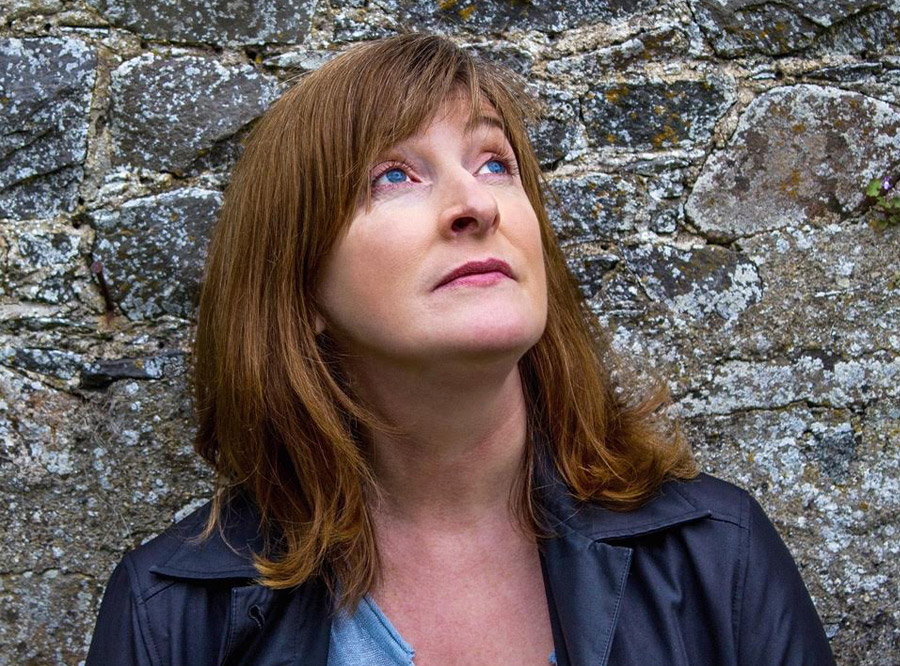Related Writers
Literature organisations
Discover more
Connections

Literature, Live
Literature, Live: The Slack Sessions
A roundup of the conversations that have been happening on the ILS Slack channel over the past month

Commissions
A Night Walk
by Andrew Michael Hurley

International working
Talking to Tatiana Ilyina
Head of Arts, British Council Russia

Commissions
Crossing Borders Commission
By William Letford

